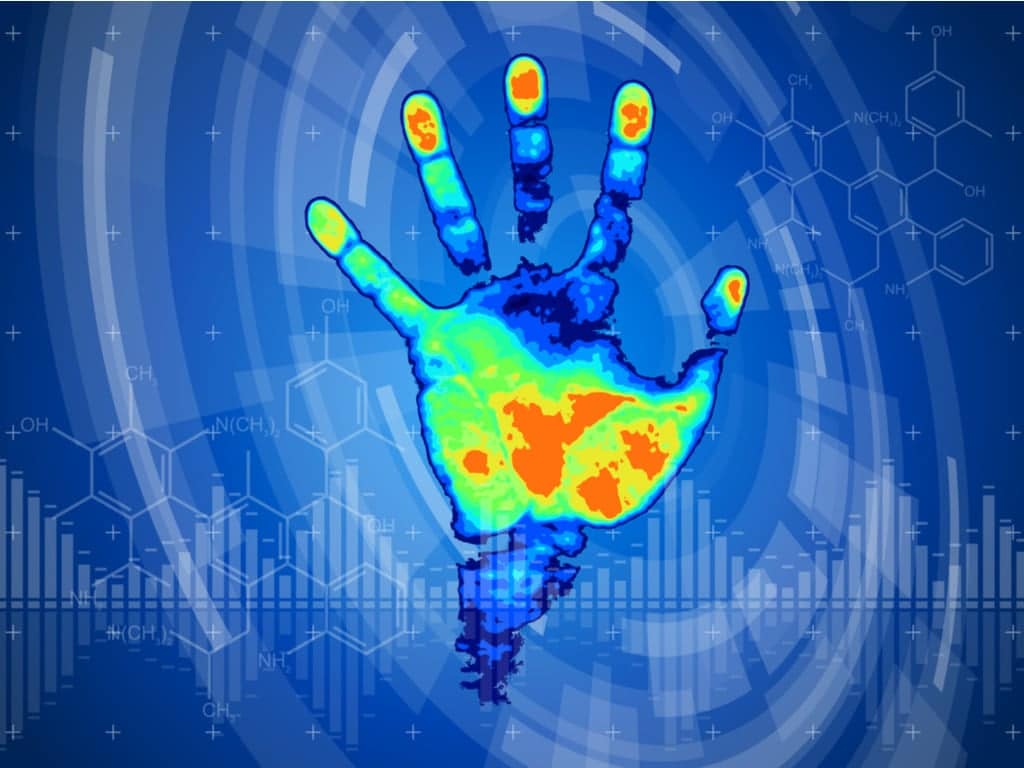Why SMBs should be utilising thermal technology


James Thorpe
Share this content
Thermal technology works on the principle that objects above the absolute zero (-273°C) emit some amount of thermal radiation, or heat. Due to varying intensities of heat radiation, people, animals and even inanimate objects can be clearly observed using infrared technology, even in the absence of light.
Thermal technology has long been used in the field of security, especially in complex environments such as border protection, forest fire detection, airport security and so on. This imaging technology remains unaffected by visual impediments such as fog or mist and so offers a unique type of performance in harsh conditions.
While thermal technology is fairly well known, experience with cameras is not so common. Users often mistakenly believe that they are only installed in large and expensive projects as they are almost always associated with high-end PTZ cameras.
In recent years, with the rapid development of thermal detector technology, coupled with the popularization of the use of thermal products in the application side, the cost of using thermal technology has dropped sharply. So, can thermal cameras be used in small and medium business markets, or even home security?
Rethinking thermal cameras
For SMBs users, preventing intrusion is one of the most important measures in protecting property. Business owners and operators are usually more focused on alarm accuracy and the ability of a security system to monitor after business hours, most commonly at night.
Some core areas, such as the power room in an office building, have high standards for security requirements. Conventional CCTV systems can cater to the needs of surveillance during the day, but at night, criminals can still quietly approach and damage power facilities under cover of darkness, suspending normal operations.
Additionally, increased operating costs due to false alarms is also a hot item for SMBs. The most common false alarms are caused by small animals and falling leaves. Here, thermal equipment is already making life easier for many users. Thermal cameras integrated with deep learning algorithms can classify people and vehicles, alerting security staff only when these two objects enter the monitoring area to reduce false alarms.
Therefore, thermal cameras, free from special lighting requirements, can and should be applied in a wider variety of scenarios since they can easily do the job needed. They have strong environmental adaptability and can bolster perimeter protection with high accuracy detection in unpredictable lighting or bad weather.
Furthermore, with the implementation of GDPR guidelines, thermal cameras are also increasingly being used in residential communities. According to regulations in residential perimeter protection scenarios, cameras with visible light channels are not allowed to capture images in local neighbourhoods due to privacy risks over personal data. Fortunately, the “fuzzy” video rendered by thermal imaging does not violate privacy issues while guaranteeing high-quality detection.
Affordable prices, consistent performance
With breakthroughs in imaging, algorithms and intelligent applications, Hikvision launched a new affordable thermal camera, which is designed for perimeter protection and fire prevention.
This camera is specifically designed for short-range monitoring – up to 70 metres – so they are really best-suited for perimeter protection in SMB markets such as residential areas, office buildings and factories. When a target enters the surveillance range, an automatic alert can be triggered to inform security personnel – a process unaffected by light or weather conditions. Most importantly, this thermal camera series opens up new opportunities for SMB users, both in terms of affordable prices and outstanding performance.
Find out more
Covering Security, Thermography, and Commercial Vision, Hikvision Thermal Cameras guarantee layered situational awareness across a range of scenarios such as perimeter protection, temperature measurement and fire detection. Click here to find out more.



